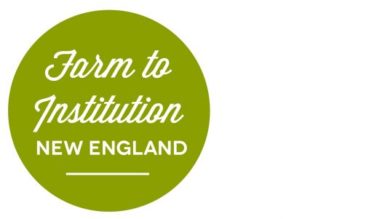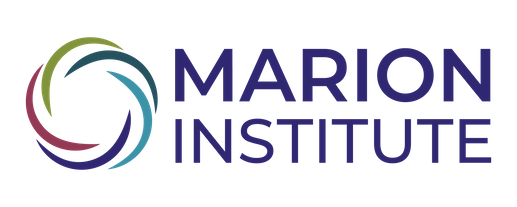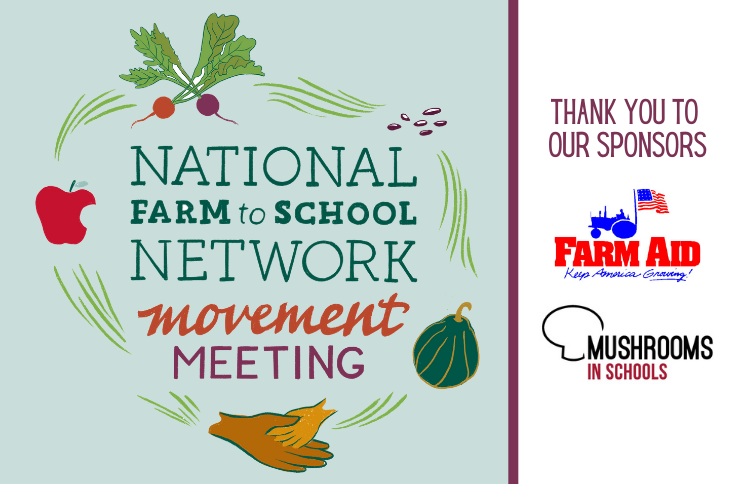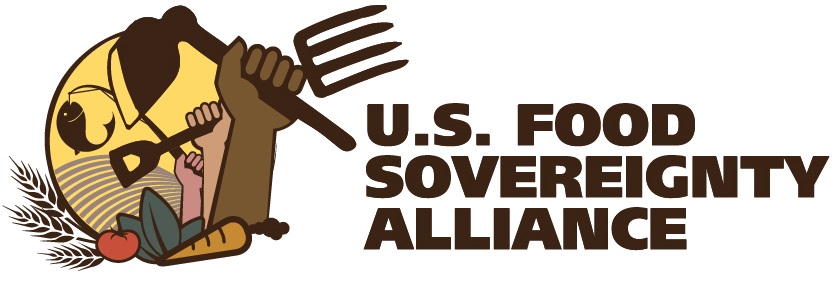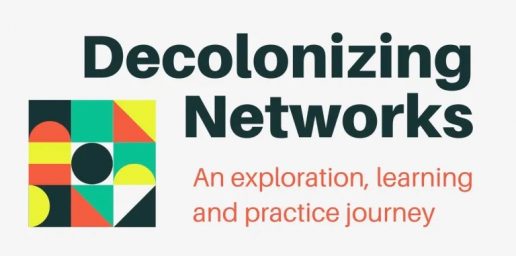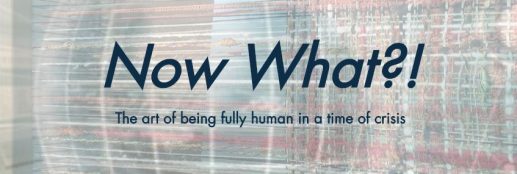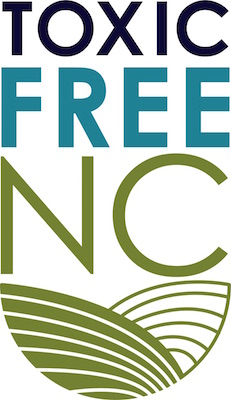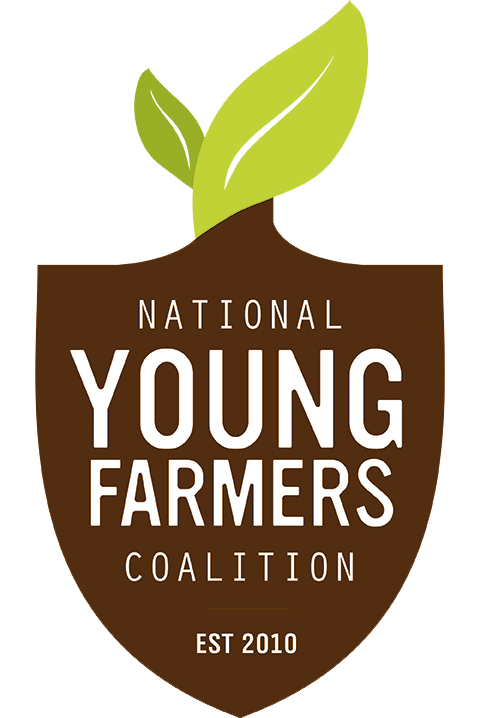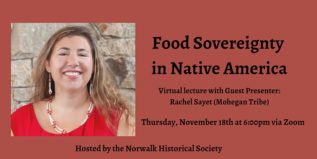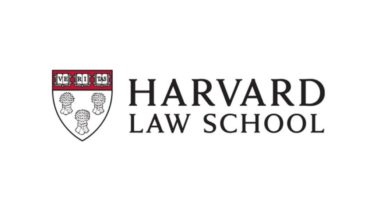Join Indigenous Seed Keeper Rowen White and Black cook activist Jocelyn Jackson to dream into a food culture of liberation & care on November 4th, at the first Around The Table event of RFRS' new virtual series.
How can we reclaim our shared food culture to feed our collective care, healing, liberation, and joy? This is the question at the heart of Real Food Real Stories' (RFRS) November 4th virtual roundtable. Join celebrated food activists, Mohawk Seed Keeper and farmer Rowen White and Black culinary artist and Peoples Kitchen Collective co-founder Jocelyn Jackson, for an electrifying conversation on decolonizing mainstream food culture, and the role food culture plays in shaping our lives, stories, and dreams for the future.
A new virtual series, Around The Table events feature informal conversations with thought leaders, elders, organizers, and culture-bearers working at the intersection of food, culture, place, and power. Together, we take a deep dive––sinking our teeth into the juicy stories, live questions, and challenging conversations buzzing in our ecosystems.

